Optimal Timing for Waterproofing
Waterproofing is a critical process that protects structures from water infiltration, which can cause damage, mold growth, and structural deterioration. Proper timing ensures the effectiveness and longevity of waterproofing solutions, making it an essential consideration for property maintenance.
Late spring and early fall are ideal for waterproofing projects due to moderate temperatures and lower humidity levels, which facilitate proper curing and adhesion.
Extreme cold or hot weather can compromise waterproofing materials. Avoid waterproofing during freezing temperatures or during periods of heavy rain, as these conditions hinder proper application and curing.
Before waterproofing, ensure surfaces are dry, clean, and free from debris. Proper surface preparation enhances adhesion and durability of the waterproofing layer.
Seasonal fluctuations can affect waterproofing performance. Applying waterproofing in stable weather conditions minimizes the risk of cracks or failures caused by temperature shifts.
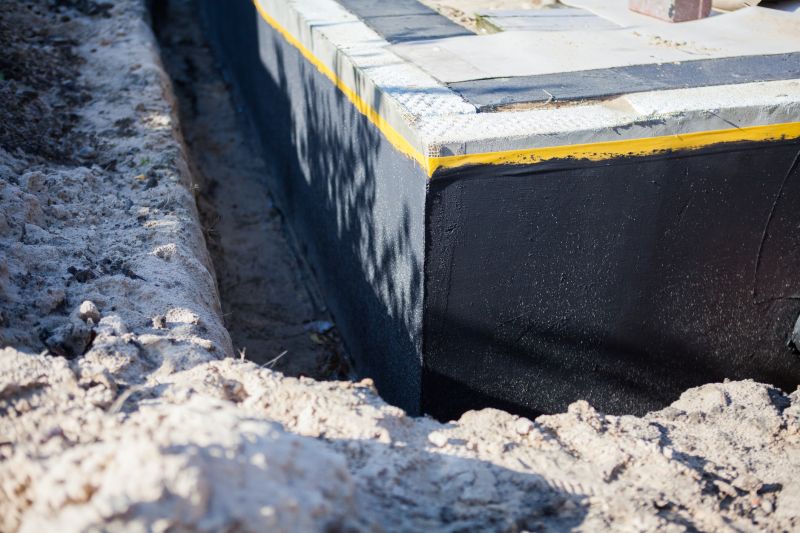
Ways to make Waterproofings work in tight or awkward layouts.
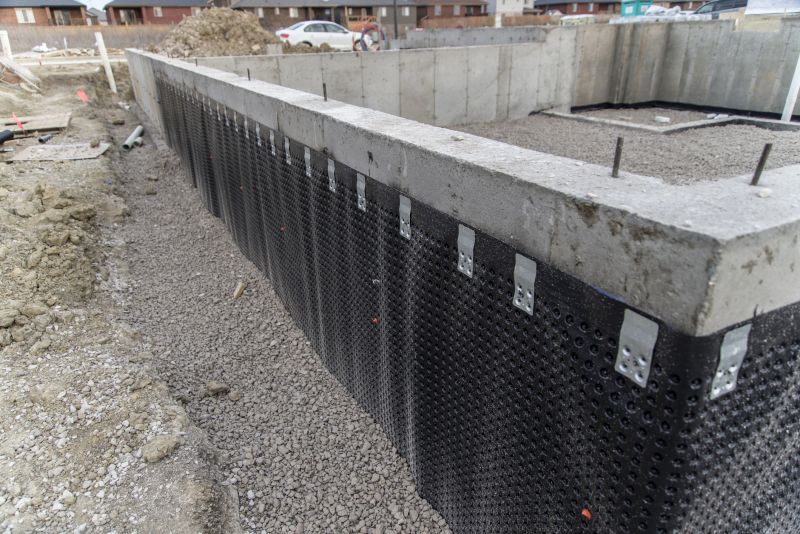
Popular materials for Waterproofings and why they hold up over time.
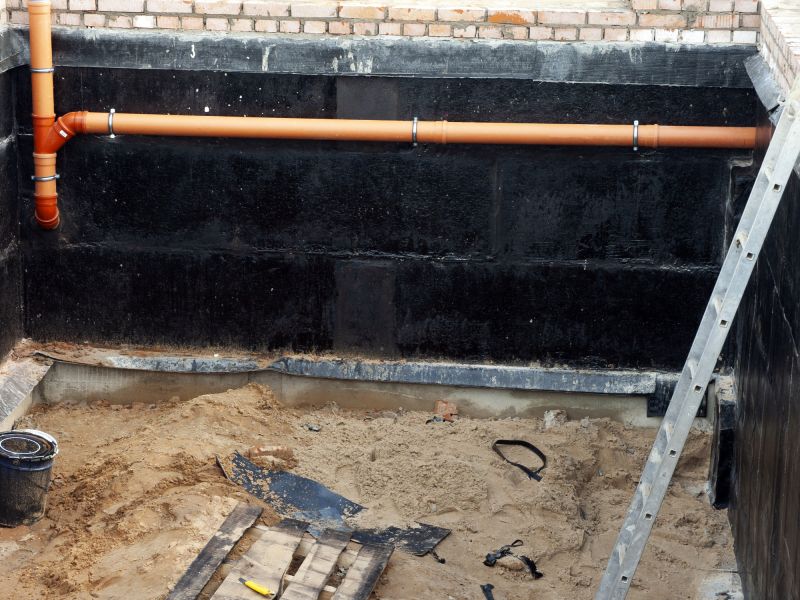
Simple add-ons that improve Waterproofings without blowing the budget.
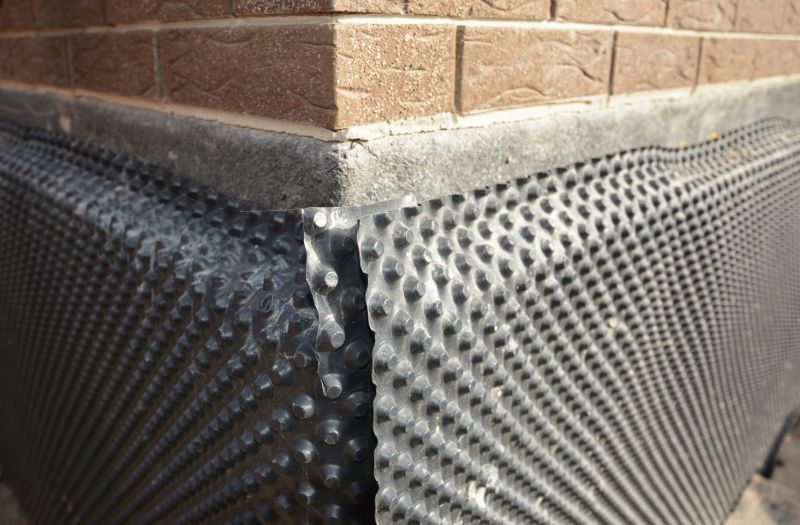
High-end options that actually feel worth it for Waterproofings.
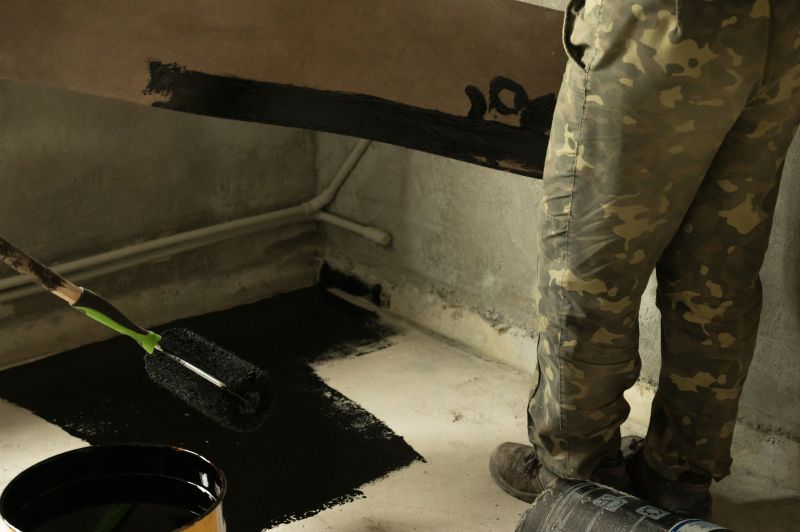
Finishes and colors that play nicely with Waterproofings.
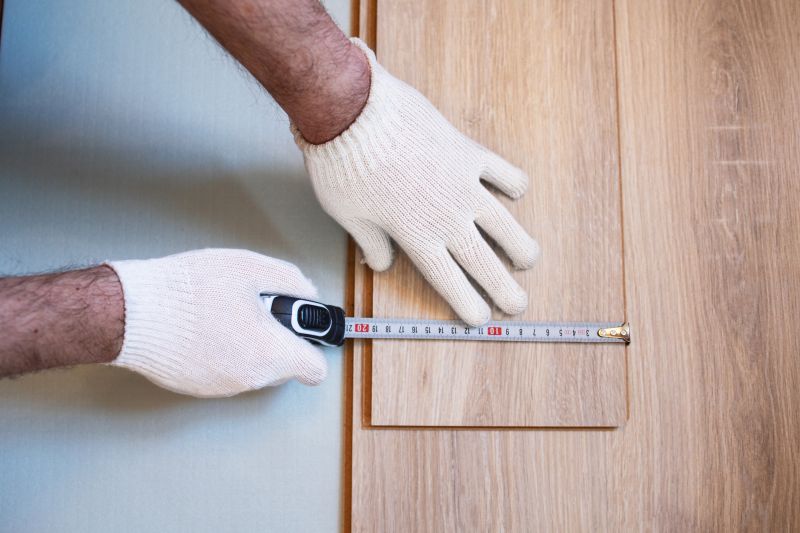
Little measurements that prevent headaches on Waterproofings day.
| Season | Best Practices |
|---|---|
| Spring | Ensure surfaces are dry and temperature is above freezing. |
| Summer | Apply during early morning or late afternoon to avoid heat stress. |
| Fall | Prepare surfaces before temperatures drop significantly. |
| Winter | Generally not recommended due to freezing conditions. |
| Rainy periods | Avoid applying waterproofing during heavy rain or high humidity. |
Waterproofings play a vital role in protecting buildings from water penetration, which can lead to structural damage, mold growth, and costly repairs. Modern waterproofing materials include liquid membranes, sheet membranes, and sealants, each suited for different applications and environments. Proper application and timing are essential for maximizing their effectiveness and ensuring long-term protection.
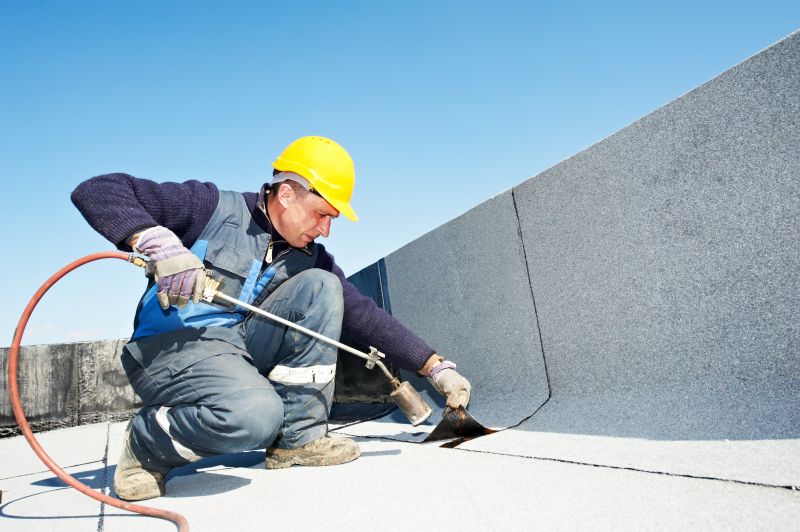
A 60-second routine that keeps Waterproofings looking new.
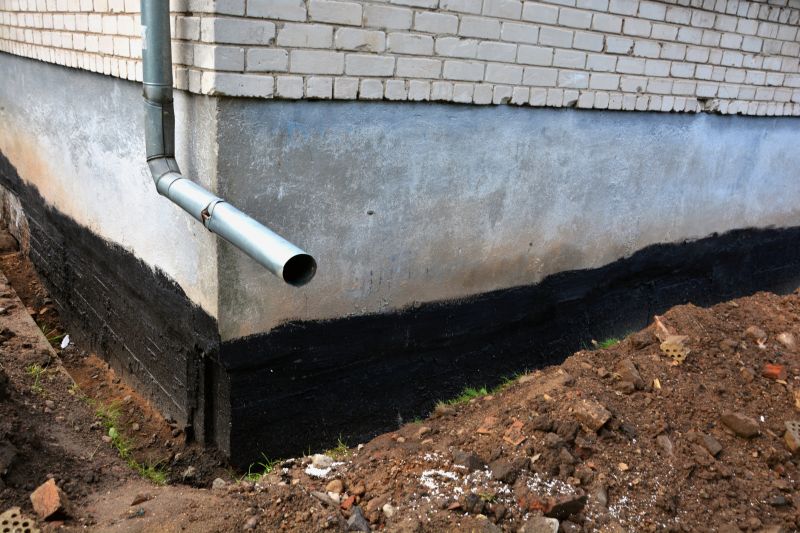
A frequent mistake in Waterproofings and how to dodge it.
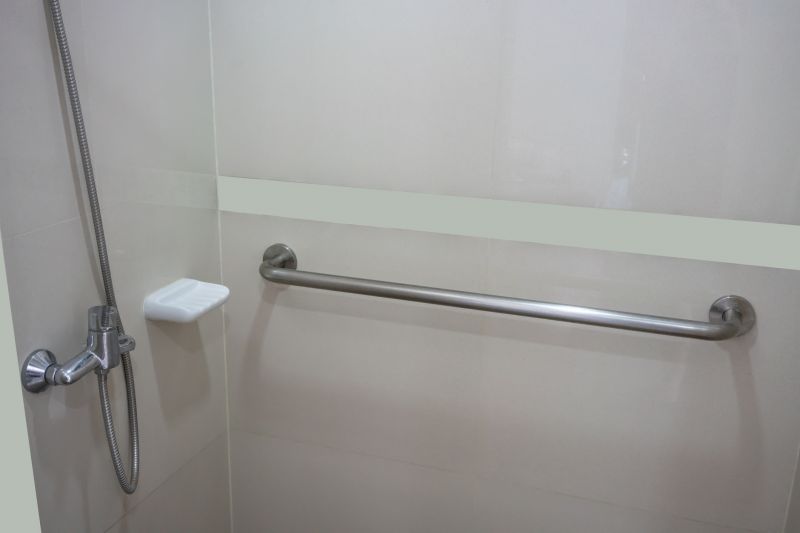
Small tweaks to make Waterproofings safer and easier to use.
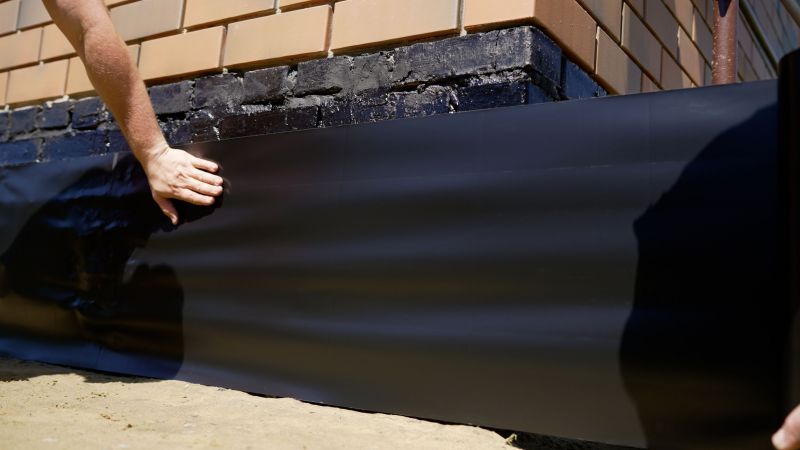
Lower-waste or water-saving choices for Waterproofings.
Interested in waterproofing services? Filling out the contact form can provide more information and help determine the best timing and solutions for specific needs. Proper planning and execution ensure durable protection against water damage for years to come.




